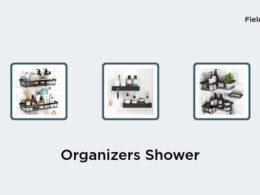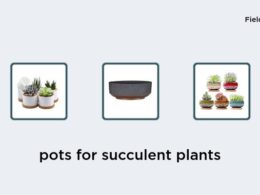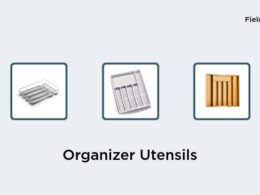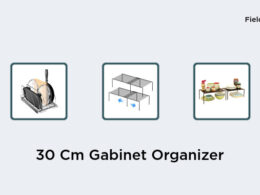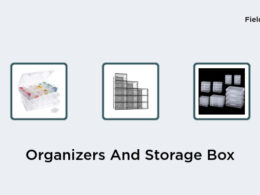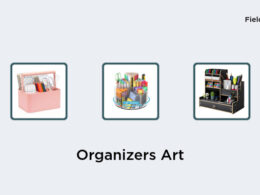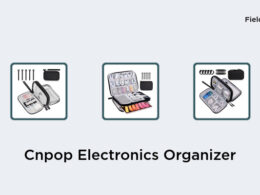Hydroponics is an excellent way of growing plants in a controlled environment without soil. It has several advantages over traditional soil-based cultivation such as faster-growing cycles, higher yields, and reduced water usage. However, it is important to consider the potential drawbacks as well. One significant weakness of hydroponics is the need for a more precise control of irrigation. This can be adapted to the requirements of the plant, as well as the surrounding environment. To achieve this, automated irrigation is often used, which requires electricity to function. As a result, installation costs for hydroponic systems can be higher than traditional soil-based growing methods.
Some other potential drawbacks of hydroponics include:
Initial setup costs can be higher than traditional methods due to the need for equipment and specialized knowledge
There is a risk of system failure if there are any issues with the pumps, timers, or other components
If not managed properly, hydroponic systems have a higher risk of disease outbreaks due to the high concentration of plants in a closed environment
Monitoring nutrient levels is crucial for plant health in a hydroponic system, and improper levels can lead to nutrient deficiencies or toxicities
Despite these potential drawbacks, hydroponics can still be an excellent option for home gardeners and commercial farmers who want to maximize yields and grow plants in a controlled environment. By carefully monitoring and controlling the system, growers can avoid many of these potential issues and enjoy the benefits of hydroponic growing.







